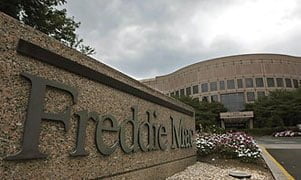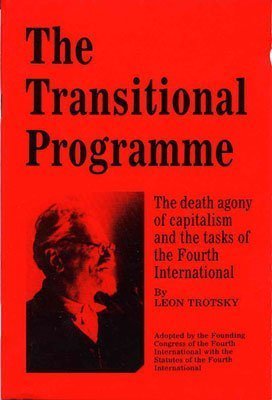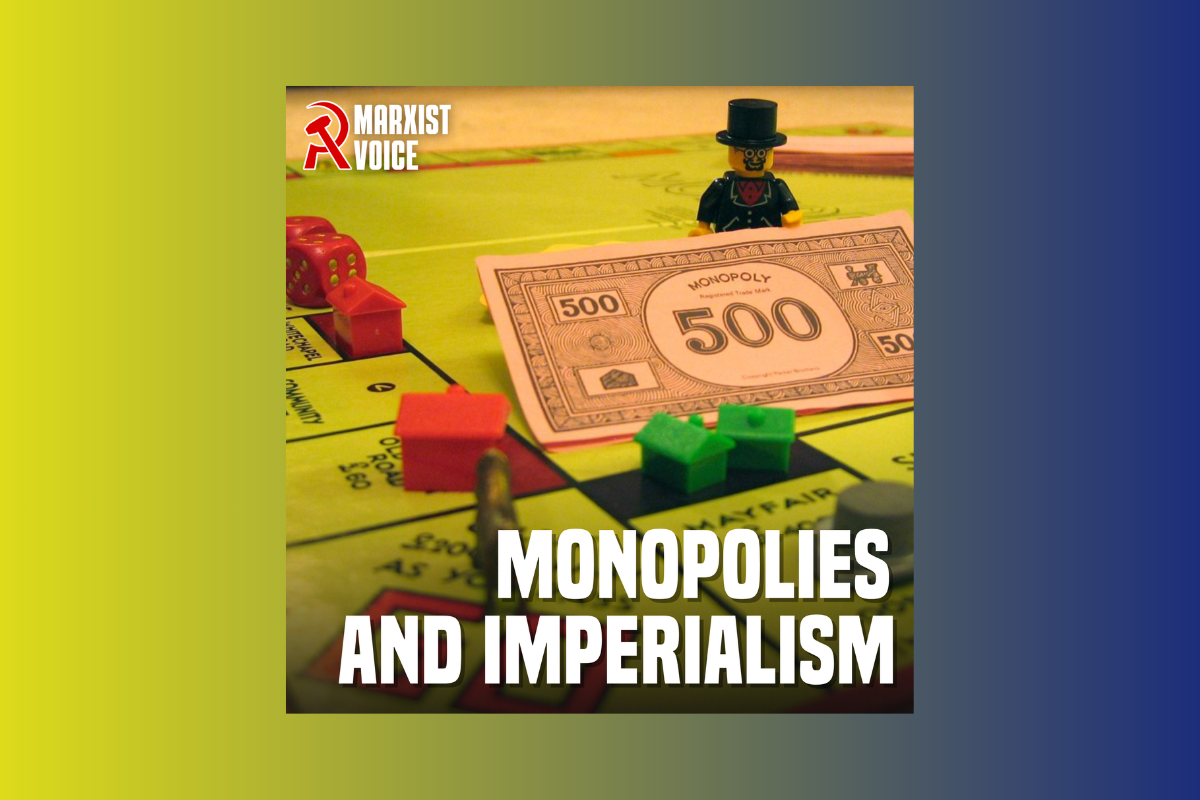For over a century Marxists have argued the need to take the banks and other financial institutions into public ownership as part of the socialist transformation of society. The founding document of scientific socialism, the ‘Communist Manifesto’, in 1848 called for, "Centralisation of credit in the hands of the state, by means of a national bank with state capital and an exclusive monopoly."
For decades we have been lone voices crying in the wilderness for this demand. Earlier this year the government was finally forced into taking over Northern Rock, after months of futile searches for an alternative, and after wasting £50bn of our money trying to keep the bank in private hands. New Labour was terrified of the ‘N’ word.
Fannie and Freddie

|
| Freddie Mac – large and interwoven |
The right wing Republicans in the USA have been forced to nationalise Fannie and Freddie, the giant mortgage guarantee companies. As Treasury Secretary Henry Paulson declared "Fannie Mae and Freddie Mac are so large and so interwoven in our financial system that a failure of either of them would cause great turmoil in our financial markets here at home and around the globe. This turmoil would directly and negatively impact household wealth." Paulson, like Gordon Brown, eschews the word ‘nationalisation’. He prefers the term ‘conservatorship’ but nationalise is what he has done. As a result the US taxpayer has taken responsibility for $5.3trn in mortgage debt.
Paulson
No doubt Paulson considered such a dramatic U-turn would draw a line under the financial panic. He was wrong. Next in trouble was AIG, which insured mortgages. On Monday September 15th the government took a 79.9% stake for $85bn. AIG was nationalised. At the same time Merrill Lynch was forcibly taken over by the Bank of America. In the same week our biggest bank HBOS was rescued by a government-sponsored amalgamation with Lloyds TSB.
Further far-reaching nationalisations are on the cards. This is about bailing out the capitalist system. Just as hypocrisy is the tribute vice pays to virtue, so nationalisation and other interference in the functioning of the hitherto sacrosanct free market are measures intended to preserve capitalist wealth, not to destroy the system.
Bailing them out
We republish a section from Trotsky’s basic programmatic document of 1938, the ‘Transitional Programme,’ on nationalisation of the banks. It speaks for itself but the key points to note are that:
- Nationalisation of the banks is an essential prerequisite for socialist planning
- It is necessary to expropriate the wealth of the capitalist class, not preserve it.
- Bank deposits are not to be expropriated. They are safer than under collapsing private banks.
- Taking over the banks must be part of a programme for the working class to take power.
From ‘The Transitional Programme’ By Leon Trotsky, 1938
Expropriation of the Private Banks and State-ization of the Credit System
Imperialism means the domination of finance capital. Side by side with the trusts and syndicates, and very frequently rising above them, the banks concentrate in their hands the actual command over the economy. In their structure the banks express in a concentrated form the entire structure of modern capital: they combine tendencies of monopoly with tendencies of anarchy. They organize the miracles of technology, giant enterprises, mighty trusts; and they also organize high prices, crises and unemployment. It is impossible to take a single serious step in the struggle against monopolistic despotism and capitalistic anarchy – which supplement one another in their work of destruction – if the commanding posts of banks are left in the hands of predatory capitalists. In order to create a unified system of investments and credits, along  a rational plan corresponding to the interests of the entire people, it is necessary to merge all the banks into a single national institution. Only the expropriation of the private banks and the concentration of the entire credit system in the hands of the state will provide the latter with the necessary actual, i.e., material resources – and not merely paper and bureaucratic resources – for economic planning.
a rational plan corresponding to the interests of the entire people, it is necessary to merge all the banks into a single national institution. Only the expropriation of the private banks and the concentration of the entire credit system in the hands of the state will provide the latter with the necessary actual, i.e., material resources – and not merely paper and bureaucratic resources – for economic planning.
Expropriation
The expropriation of the banks in no case implies the expropriation of bank deposits. On the contrary, the single state bank will be able to create much more favorable conditions for the small depositors than could the private banks. In the same way, only the state bank can establish for farmers, tradesmen and small merchants conditions of favorable, that is, cheap credit. Even more important, however, is the circumstance that the entire economy – first and foremost large-scale industry and transport directed by a single financial staff, will serve the vital interests of the workers and all other toilers.
However, the state-ization of the banks will produce these favorable results only if the state power itself passes completely from the hands of the exploiters into the hands of the toilers.






